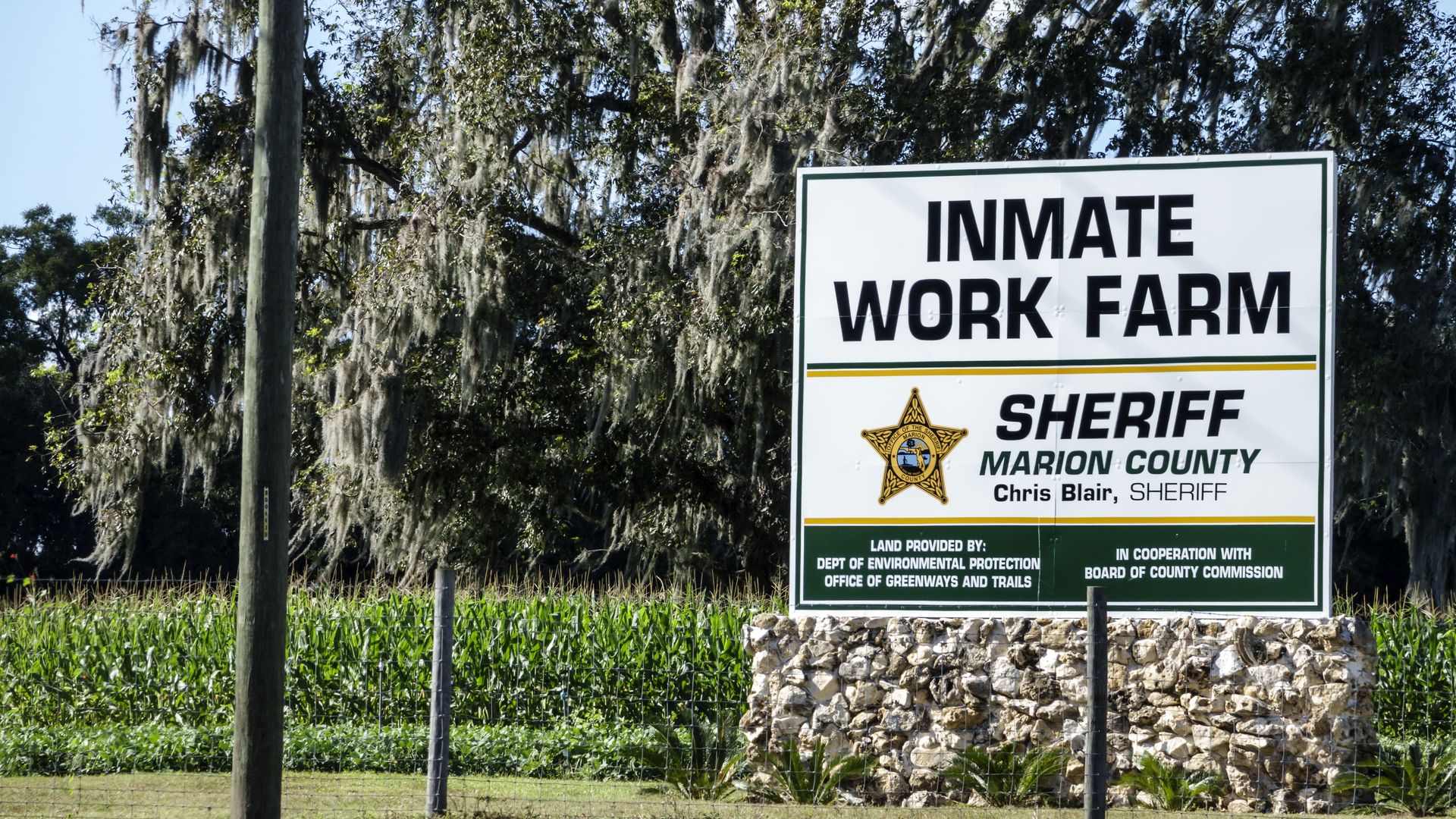Jun 8, 2019
The prison labor you benefit from
Add Axios as your preferred source to
see more of our stories on Google.

Photo: Jeffrey Greenberg/UIG via Getty Images
Add Axios as your preferred source to
see more of our stories on Google.

Photo: Jeffrey Greenberg/UIG via Getty Images